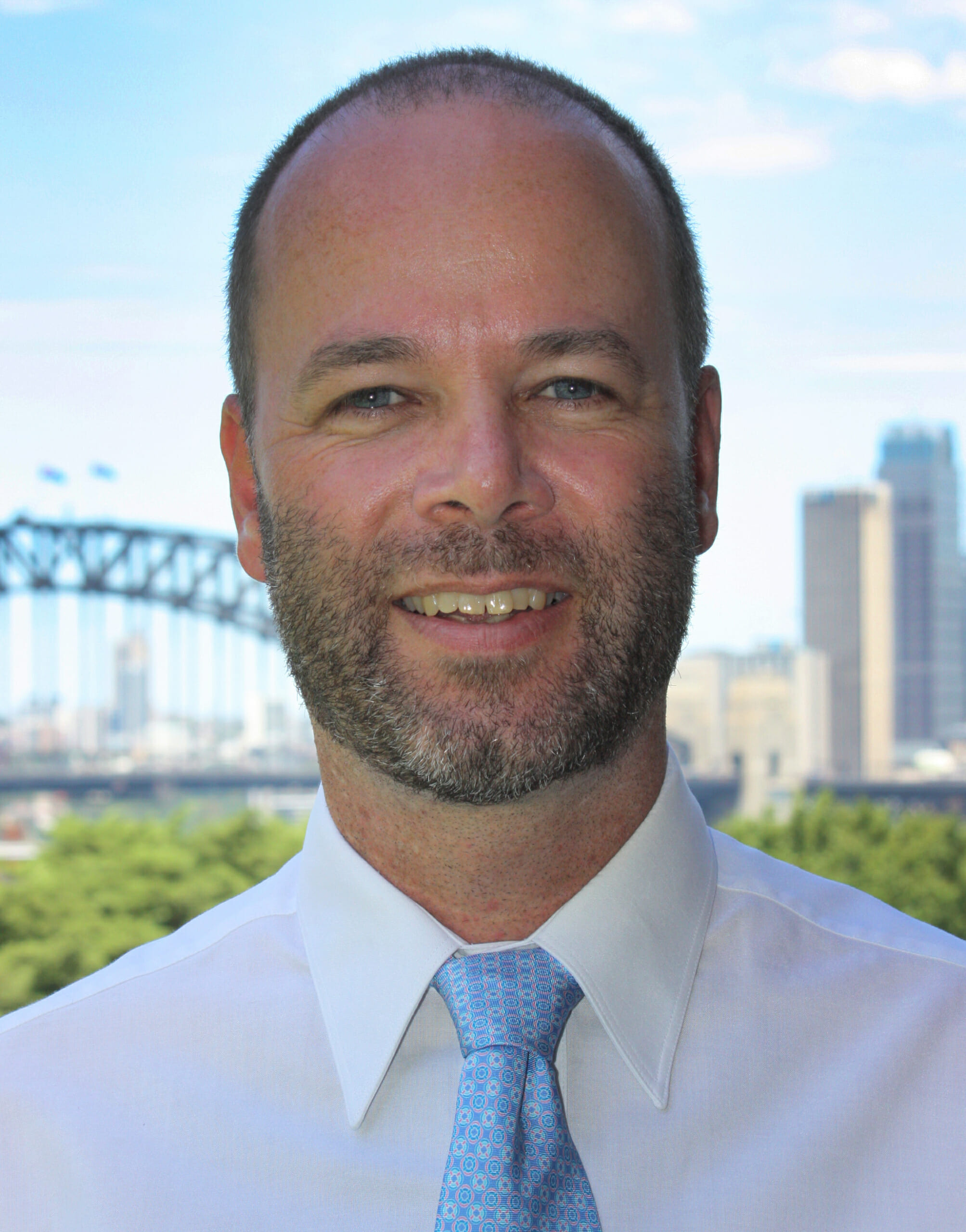There is a growing gap between schooling and learning. Learning is a biological, evolutionary necessity for survival, not an institutionalised practice. The confusing, changing demands of modern life are developmentally inappropriate for most adults and we no longer live in a world where we have the right to expect authorities to know the answers. Complex, adaptive problems are solved with emergent practices, not ready to implement technical solutions. Leaders who thrive in complexity tolerate more uncertainty, ambiguity, and messiness. As the rate of change cycles at faster and faster rates, it requires more of a ‘learner’ and less of an ‘expert’ mindset. Leading complex pedagogical change in schools requires patience for the slow and messy nature of the work, respectful and trusting relationships with people, listening with curiosity and authenticity, and respect for context and history. Effective leaders are intellectually curious, make people feel seen and heard, and invite people into change instead of telling them what they need to change. Too much education leadership focuses on procedural change and never really gets to the deep change in teachers’ beliefs required for effective school improvement.
May 2023 - 21CLBKK
Job Role Applicability:
- School Leader
- Technology Director
- Curriculum Director / Coordinator
- Head of School/Director
- Director of Professional Development
- Board Member
Presentation
- Lower Elementary [Age 4 - 6]
- Upper Elementary [Age 8 - 10]
- Middle School [Age 11 - 13]
- High School [Age 14 - 17]
- Higher Education [Age 18+]



